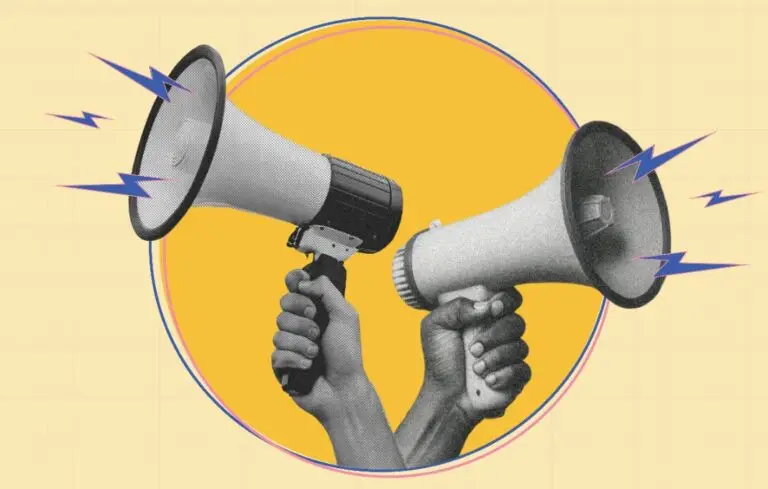We’ve all heard about how advances in technology such as artificial intelligence could threaten people’s jobs. But according to several CEOs speaking at this year’s World Economic Forum, the pace of evolution has just reached alarming levels.
Advances in AI have accelerated so quickly in the past several months alone that the world has suddenly found itself on the cusp of a fourth industrial revolution, Salesforce CEO Marc Benioff told delegates at the Forum, held each year in Davos, Switzerland.
And that could mean a massive displacement of people from their jobs.
Currently, there are around 65 million people in the world without a home, the highest number of refugees in history, partly owing to conflicts in the Middle East and North Africa. A crisis of similar-sized proportions looms in the workforce, according to Benioff, who admits that even he has been taken off guard by the pace of technological innovation.
“This year, my heart has been with so many migrants and refugees, 65 million refugees across the world, and thinking about how they’re going to get back to stability and homes. I think now about how artificial intelligence will create digital refugees and how people will be displaced from jobs—tens of millions of people across the planet because technology is moving forward so rapidly,” he said.
Similar concerns were expressed by Infosys CEO Vishal Sikka, who described the speed of development in AI technology this past year as “staggering”.
“In many ways, we face the prospect of leaving a larger swathe of humanity behind us in the light of this technology than any technology that we have ever created,” Sikka told the forum. “So we need to be extra careful, extra conscious and put in an extra effort to ensure that we don’t create a bigger divide, an even bigger society of have-nots.”
Both Sikka and Benioff mentioned education as a key means of preparing people for the new digital revolution. “That means a deep commitment to helping people bridge this displacement gap when technologies disrupt jobs,” Sikka said.
Striking a more optimistic tone, Benioff noted that despite previous technological disruption, there are more people working in the world today than at any other time. “Throughout history, technology has displaced workers, but then workers have the opportunity to be trained or re-trained,” he said.
Other CEOs have proposed more radical solutions, should robots become so advanced that they can perform even the most sophisticated tasks. Tesla Motors CEO Elon Musk, for instance, said last year that governments may be forced to introduce a universal basic income, where all citizens are given a certain sum of money each month whether they’re employed or not.
On the other hand, some leaders argue that the human touch will still be needed in workplaces for many years to come.
GM CEO Mary Barra told the forum that while automation will indeed supplant some human roles, a desire for product customization will drive a need for flexibility. “The most flexible asset is a human being that can do different things. So I still think it’s going to a blend. I see it every day,” she said.







